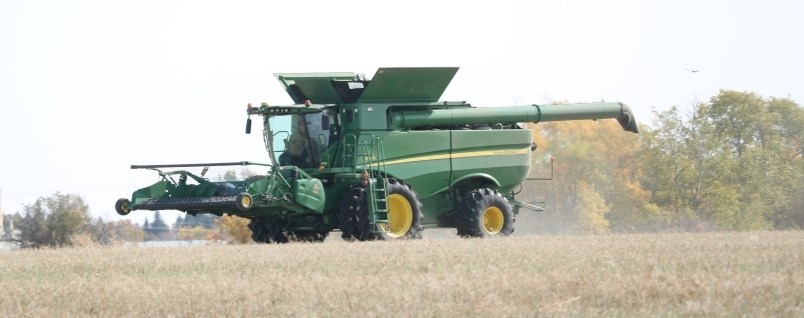YORKTON - One of the most difficult things about being a farmer must be that on any given day you can wake up to something hitting your bottom line that you have no control over.
It’s one thing to understand that the weather will always be a wild card in terms of growing crops, and let’s face it weather on the Canadian Prairies is changeable overnight with the ability to be extreme in all its guises, so it is a major joker in the deck.
But, often the issues hitting farmers are human decisions, and while you might almost understand a foreign government throwing up a tariff to protect its own farmers, but often its situations in Canada that farmers wake up to impacting them.
At present there are two such things at play that have to have farmers wondering why they are being hit so hard.
The first is the ongoing trucker convoy that has tied up Ottawa and impacted border crossings.
Termed the ‘Freedom Convoy’ by some, the rolling blockade to the normal course of traffic movement began as a rather dramatic protest about government rules regarding COVID-19.
At its heart, there was a call for change, an elimination of vaccination passports and other regulations implemented on what the government has touted as the advice of good science to protect the larger population – rules not so different one might argue from banning smoking in public places to protect others.
For many of course they have followed the rules, rolled up their sleeves, got vaccinated – not the first for most and probably not the last either – donned their masks and went to work. If that meant showing a card as poof of vaccination – well it’s not the only card we show on a given day, from health card to visit the hospital lab to driver’s license should we be stopped by the RCMP to a library card to take out a book.
Somehow some in the trucking industry saw it as too much regulation hence the convoy – although it seems a rather strange line in the sand for an industry where weights hauled are regulated, social licences are required, logs must generally be kept, hours driving limited, weigh scale stops at time required and similar rules to follow.
In the process of the convoy, the movement of ag commodities – including cattle, are being impacted and the freedom of farmers to do business is impacted – which is ironic given the convoy’s apparent goals.
Farmers are also facing increased costs pending from the carbon tax which in particular has an impact on grain drying.
It might be argued industries must pay if we are to deal with the issue of climate change – but at the same time it will do us little good to bankrupt food producers in the process.
And, again farmers have to question how they operate successfully when outside forces pop up on an all to regular basis.

